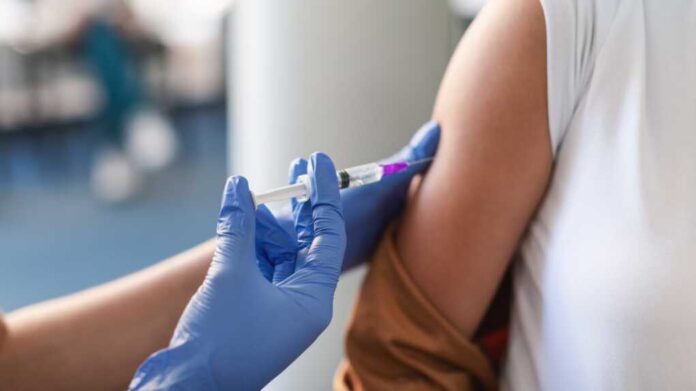
Texas has become ground zero for a modern public health battle—where measles surged with a vengeance, exposing how fragile our collective immunity really is.
Story Snapshot
- Texas recorded the nation’s largest measles outbreak since the disease was declared eliminated in 2000.
- Low vaccination rates in rural communities fueled the spread, leading to hundreds of cases and several deaths.
- The outbreak crossed state lines, triggering national alarm and renewed debates over vaccine policy.
- Texas declared the outbreak over in August 2025, but the threat remains unless vaccination rates recover.
Texas’s Measles Outbreak Redefines a Public Health Crisis
In January 2025, Houston and Lubbock became the unlikely epicenters of a measles outbreak that would ripple through Texas and beyond. The initial spark—a handful of cases linked to international travel—grew into a wildfire as the disease found fertile ground in communities with alarmingly low vaccination rates. By February, West Texas counties like Gaines and Dallam were in the headlines, with infections spreading into New Mexico. Hospitalizations mounted. The first deaths—children, all unvaccinated—were reported, shaking local families and healthcare workers alike.
TEXAS becomes measles HOTSPOT @SenBillCassidy
The state with the highest number of measles cases as data shows unprecedented surge across UShttps://t.co/xZ8cPtI40m
— Mike Ditkas Bad Hip (@LaBeets50) October 22, 2025
Texas’s outbreak was not contained by geography. By March, measles cases linked to the Texas surge appeared in Oklahoma, Kansas, and even northern Mexico. School districts scrambled to enforce exclusion policies, and local hospitals braced for the worst. The Texas Department of State Health Services declared a public health emergency, launching a massive response effort that included contact tracing, vaccination clinics, and relentless public messaging. But the virus continued to outpace containment, exposing the deep cracks in Texas’s public health infrastructure.
Watch:
Why Texas Became the Epicenter: The Vaccine Hesitancy Factor
Measles was eliminated in the United States in 2000, thanks to the two-dose MMR vaccine and widespread public trust in immunization. But in Texas, vaccination rates have quietly eroded, especially in rural, close-knit communities where skepticism and cultural resistance run deep. The state’s opt-in immunization registry and permissive exemption policies have made it easier for parents to skip vaccines. Herd immunity—the invisible shield that protects society—collapsed, allowing measles to spread unchecked.
Public health experts point to a convergence of factors: declining vaccine coverage, increased global travel, and the proliferation of misinformation about vaccine safety. In some communities, collective gatherings and limited engagement with health agencies created perfect conditions for outbreaks. The fact that Texas saw the first U.S. measles deaths since 2015 underscores the consequences of these choices. The outbreak served as a wake-up call, not just for Texas but for the entire nation.
The Outbreak’s Toll
By August 18, when Texas declared the outbreak over, the damage was stark. A total of 762 confirmed cases, 99 hospitalizations, and two child deaths. Nationally, the U.S. saw 1,356 measles cases in 40 states, with Texas responsible for the lion’s share. Healthcare costs soared, school schedules were disrupted, and the outbreak dominated headlines. The CDC and Texas DSHS repeatedly stressed the importance of vaccination, but the underlying challenge—restoring trust and coverage—remains unsolved.
What Comes Next: Lessons and Warnings
The Texas measles outbreak has already reshaped the state’s approach to disease surveillance and immunization. The response showcased the importance of rapid containment, coordination between agencies, and transparent communication. But experts warn that the underlying risk remains. Pockets of undervaccinated communities, persistent vaccine hesitancy, and legislative barriers continue to threaten public health progress. Modeling studies suggest only a return to high coverage levels can prevent future crises.
Sources:
CDC Morbidity and Mortality Weekly Report (MMWR)
Wikipedia: 2025 Southwest United States measles outbreak
Texas Department of State Health Services (DSHS)
JAMA Health Forum


















